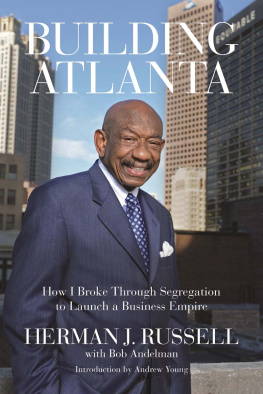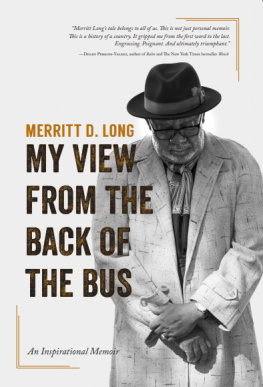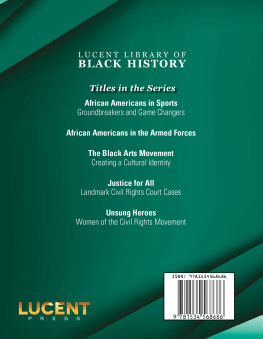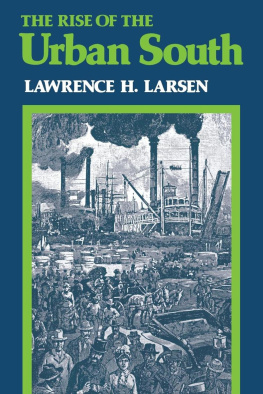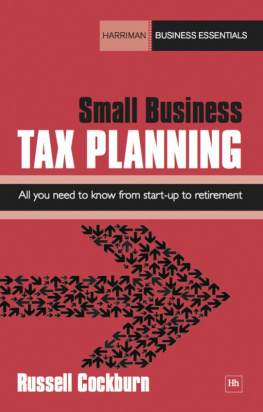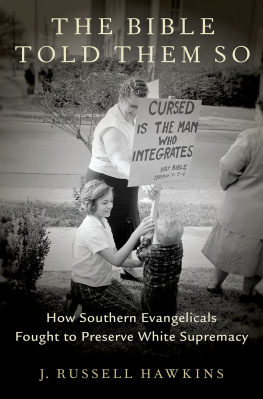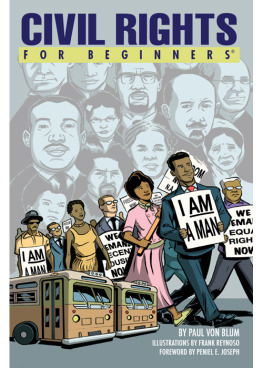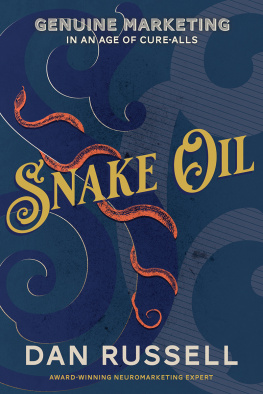B ORN INTO A BLUE-COLLAR family in the Jim Crow South, Herman J. Russell built a shoeshine business when he was twelve years oldand used the profits to buy a vacant lot where he built a duplex while he was still a teen. Over the next fifty years, he continued to build businesses, amassing one of the nations most profitable minority-owned conglomerates.
In Building Atlanta, Russell shares his inspiring life story and reveals how he overcame racism, poverty, and a debilitating speech impediment to become one of the most successful African American entrepreneurs, Atlanta civic leaders, and unsung heroes of the civil rights movement. Not just a typical rags-to-riches story, Russell achieved his success through focus, planning, and humility, and he shares his winning advice throughout. As a millionaire builder before the civil rights movement took hold and a friend of Dr. King, Ralph Abernathy, and Andrew Young, he quietly helped finance the civil rights crusade, putting up bond for protestors and providing the funds that kept Kings dream alive. He provides a wonderful behindthe-scenes look at the role the business community, both black and white working together, played in Atlantas peaceful progression from the capital of the racially divided Old South to the financial center of the New South.

Copyright 2014 by H. J. Russell
Foreword copyright 2014 by Andrew Young
All rights reserved
First edition
Published by Chicago Review Press, Incorporated
814 North Franklin Street
Chicago, Illinois 60610
ISBN 978-1-61374-694-3
Library of Congress Cataloging-in-Publication Data
Russell, Herman J.
Building Atlanta : how I broke through segregation to launch a business empire / H.J. Russell, with Bob Andelman.First edition.
pages cm
Includes index.
ISBN 978-1-61374-694-3 (cloth)
1. Russell, Herman J. 2. African American businesspeopleGeorgiaAtlantaBiography. 3. Real estate developersGeorgiaAtlantaBiography. 4. African AmericansGeorgiaAtlantaBiography. 5. Community developmentGeorgiaAtlantaHistory. I. Andelman, Bob. II. Title.
HC102.5.R87A3 2014
333.3092dc23
[B]
2013037550
Interior design: PerfecType, Nashville, TN
Printed in the United States of America
5 4 3 2 1
For my parents, Rogers and Maggie
For Otelia, who lived so much of it
For Sylvia, who helped me tell it
And for Donata, Jerome, and Michael,
as well as grandchildren born and unborn,
who make me prouder and prouder every day
Contents
Index
If the front door wont open, theres a window open.
If the windows closed, theres a back door. If the back doors closed,
theres a chimney. If the chimneys closed, theres still a way to get in.
Herman J. Russell
Foreword
Andrew Young
A tlanta is a brave and beautiful city, and Herman Russell has played an essential role in the citys growth and development. Its hard to do justice to Herman Russell. My wife, Carolyn, and I were in his office recently and as far as you could see from his windows were homes and apartments, stadiums, government offices, and corporate headquarters that Hermans company built, but you wouldnt have known it because Herman didnt hold press conferences to announce his accomplishments. He was too busy building Atlanta.
Herman made his first dollar with his shoeshine stand when he was about twelve years old, and when he was sixteen or so he built his first rental house and used the money to go to college.
I came to Atlanta in 1961 with my late wife, Jean, and three young daughters to work with Dr. Martin Luther King Jr. in the Southern Christian Leadership Conference. I couldnt help but be impressed with Herman. The lovely home that he built for his late wife, Otelia, and their three children was a retreat for Dr. King. We were all swimmers and Hermans was the first private home I visited that had an indoor swimming pool!
The strength of Atlantas black business community meant that I had less trouble purchasing a home for my family in Atlanta than I had when I had moved to Queens, New York, several years before. Herman was an important part of that black business community and a generous financial supporter of the civil rights movement.
Because of his property holdings, Herman was also the movements bail bondsman, getting student protestors and others out of jail whenever folks were arrested for sit-ins or demonstrations. That wasnt all he did for the movement. When we couldnt get the word out about our concerns in the local newspapers across the South, Herman, Jesse Hill Jr., and Quentin V. Williamson helped finance a black-owned newspaper, the Atlanta Inquirer with Carl Holman as the editor, to get out the true story of what we were doing. I dont think it ever made money, but he kept it up and it played a major role in the movements success.
Just having Herman creating jobs back then was important. You could work for him and be active in the movement and nobody could fire you. He is one of the largest job creators in the city. Those of us in the movement with Martin never thought the answer to poverty was through government. We always thought it was through access to jobs in the private sector and Herman led the way there.
Interestingly enough, my son was fourteen when he got his first job and went to work for Herman. He didnt want to do mans work at first, but Herman put him in a team that was cleaning and renovating apartments; my son would come home so dirty Jean would make him take his clothes off on the back steps and shed hose him down there. My son came to love it because he was being a man and earning his own way, and he is a businessman today because he liked the way Herman controlled his own destiny as a business owner.
Herman was a part of integrating the politics of AtlantaI could not have been elected the first black congressman from the Deep South since Reconstruction nor could Maynard Jackson have been elected the first black mayor of a major southern city without Hermans support.
Herman has been such a good friend to so many people. Not that he ever waited for someone to ask for his help. When I became the US ambassador to the United Nations in 1977, we had to move to New York City so we rented out our Atlanta home.
But when it was announced that I would be stepping down as ambassador and coming home, Herman and Jesse Hill checked on my house. Theyd heard that it was in disrepair. My wife and I didnt know any of this because we were so busy. Knowing that we would be returning in a couple months, Herman sent his crews in without even asking me. They cleaned it up, fixed everything, painted it, and put down new carpet, renovating the entire house.
Above and beyond all that, Herman was the first black entrepreneur to desegregate the Atlanta economy. Most cities integrated with the children in schools and worked up. In Atlanta, Mayor Ivan Allen and Robert W. Woodruff, for decades the guiding hand and former president of the Coca-Cola Company, decided they needed to desegregate their city from the top down with the Chamber of Commerce leading the way. Herman and Jesse Hill, CEO of the Atlanta Life Insurance Company, were the most prominent black businessmen in the Chamber. They desegregated the Chamber, the Capital City Club, corporate boards, and the entire Atlanta economy.
Hermans personal life has always been desegregated. Even in the years of the civil rights movement, Ive never been to a party at his house that was all black people. He has always been integrated at home and at work. He drove himself and he drove those who worked for him.
Next page
